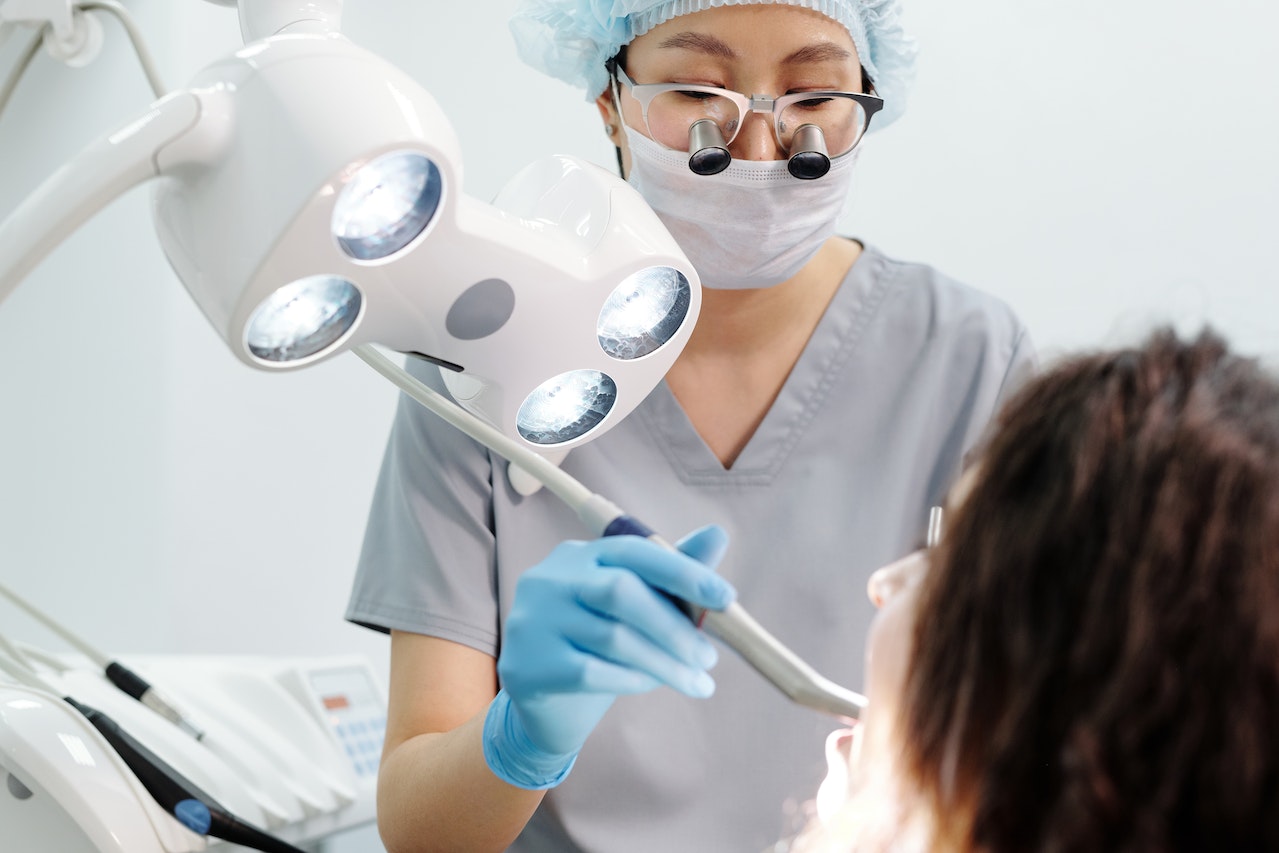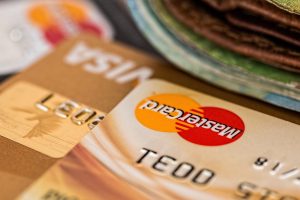People of all ages in Singapore suffer from gum disease, making it a serious dental issue. As bacteria in the mouth multiply, it can cause inflammation and infection of the gums, a condition known as gum disease or periodontal disease. If left untreated, this illness can severely harm the gums and teeth, eventually resulting in tooth loss.
Gum disease can be properly treated and additional damage to teeth and gums prevented with the use of non-surgical treatment options that are readily available in Singapore. This article provides essential information on how to cure gum disease without resorting to surgery in Singapore.
Cleaning the teeth and gums to remove bacteria and plaque buildup is at the heart of non-surgical gum specialist, which is a less invasive method for dealing with gum disease. Non-surgical treatments for gum disease focus on stopping the spread of infection and helping gums heal.
Scaling and root planing is frequently used in Singapore to treat gum disease without resorting to surgery. Both root planing and scaling remove plaque and tartar from the teeth and gums, but root planing also smoothes off the root surfaces of the teeth to stop bacteria from sticking to them. For the patient’s comfort, this procedure is typically performed under local anaesthetic.
In addition to avoiding surgery, antibiotics can be used to treat gum disease. In order to contain the illness and stop its spread, antibiotics may be recommended. This antibiotic treatment may be taken orally or used topically, as appropriate.
Laser therapy is an alternative to surgery for treating gum disease. Gum disease can be treated using a laser that destroys germs and affected tissue. The ability to effectively eliminate germs and promote healing of the gums makes this treatment a common recommendation for people with advanced gum disease.
It’s crucial to remember that gum disease can only be effectively treated non-surgically at mild to moderate stages. It may be required to resort to surgical treatment of gum disease in extreme circumstances.
Patients who have undergone non-surgical therapy for gum disease are also encouraged to maintain proper oral hygiene in order to forestall a recurrence of the condition. This involves maintaining a regular routine of dental hygiene practices such as brushing, flossing, using an antimicrobial mouthwash, and visiting the dentist regularly.
What is the non-surgical treatment for gum disease?
Plaque and tartar are removed from the teeth and gums during a non-surgical gum disease treatment procedure, typically through scaling and root planing. While root planing entails smoothing out the rough places on the teeth’s roots, scaling involves removing tartar that has built up on the teeth and gums. By doing so, you can assist keep your gums from further harm and eradicate bacteria.
When is Non-Surgical Therapy for Gum Disease Required?
If a patient has mild to moderate gum disease, non-surgical treatment for it is typically advised. Surgery can be needed if the gum disease has progressed to a more serious state. Non-surgical care may occasionally be used with surgical care to successfully manage and treat the disease.
What to Expect During Non-Surgical Therapy for Gum Disease?
With one or two visits to the dentist, the non-surgical gum disease therapy is typically completed. In order to assess the severity of the gum disease, the dentist will first check your teeth and gums. The area around the teeth and gums may then be given local anesthetic to make it numb.
The tartar and plaque on the teeth and gums will be scraped off by the dentist using a scaler. Although there may be some discomfort, the operation shouldn’t be painful.
After the Process
You can feel some sensitivity and discomfort in your teeth and gums following the non-surgical treatment for gum disease. This is typical and will pass in a few days. To assist manage any discomfort or illness, the dentist may prescribe some painkillers or antibiotics.
After the treatment, it’s critical to continue practicing proper dental hygiene to avoid the recurrence of gum disease. This entails using an antiseptic mouthwash, flossing every day, and cleaning your teeth at least twice a day.
Look into: best dental clinic in singapore
Conclusion
Finally, people in Singapore with mild to moderate gum disease do have access to non-surgical treatment options. Scaling and root planing, as well as laser therapy, are all possible treatments, with the decision ultimately being made based on the severity of the issue. The severity of gum disease determines whether non-surgical or surgical treatment is more appropriate. Gum disease surgery is an option for severe instances.
Recurrence of gum disease can be avoided via consistent, thorough, and gentle brushing and flossing twice daily. Gum disease can be avoided with consistent dental hygiene practices like brushing, flossing, and the use of antiseptic mouthwash, as well as frequent dental exams. Keeping one’s teeth and gums in excellent health and avoiding the spread of infection is possible through regular dental care and appropriate oral hygiene practices.
Warning signs of gum disease include red, swollen, and bleeding gums, and it’s crucial to get treatment right once to prevent permanent damage to your teeth and gums. If you put off getting treatment for gum disease, the condition may worsen, requiring surgery or other intrusive measures to reverse the damage done to your gums and teeth.
While opting for non-surgical gum disease therapy, it is essential to choose a dentist you can trust. Get the best care and the most effective outcomes from your dental work by visiting a dentist who is up-to-date on the latest methods and equipment.
As an alternative to risky and invasive surgical procedures, non-surgical methods of treating gum disease are now readily available in Singapore. Non-surgical therapies for gum disease are less expensive, less invasive, and require less recovery time than surgical options.
In conclusion, people in Singapore with gum disease have access to effective non-surgical treatment options. Patients can protect their teeth and gums from additional damage and keep their dental health in top shape thanks to a wide range of non-surgical options. Early detection and treatment of gum disease is key to preventing further progression of the disease and maintaining a lifetime of healthy teeth and gums.
Discover more about dental surgery singapore



